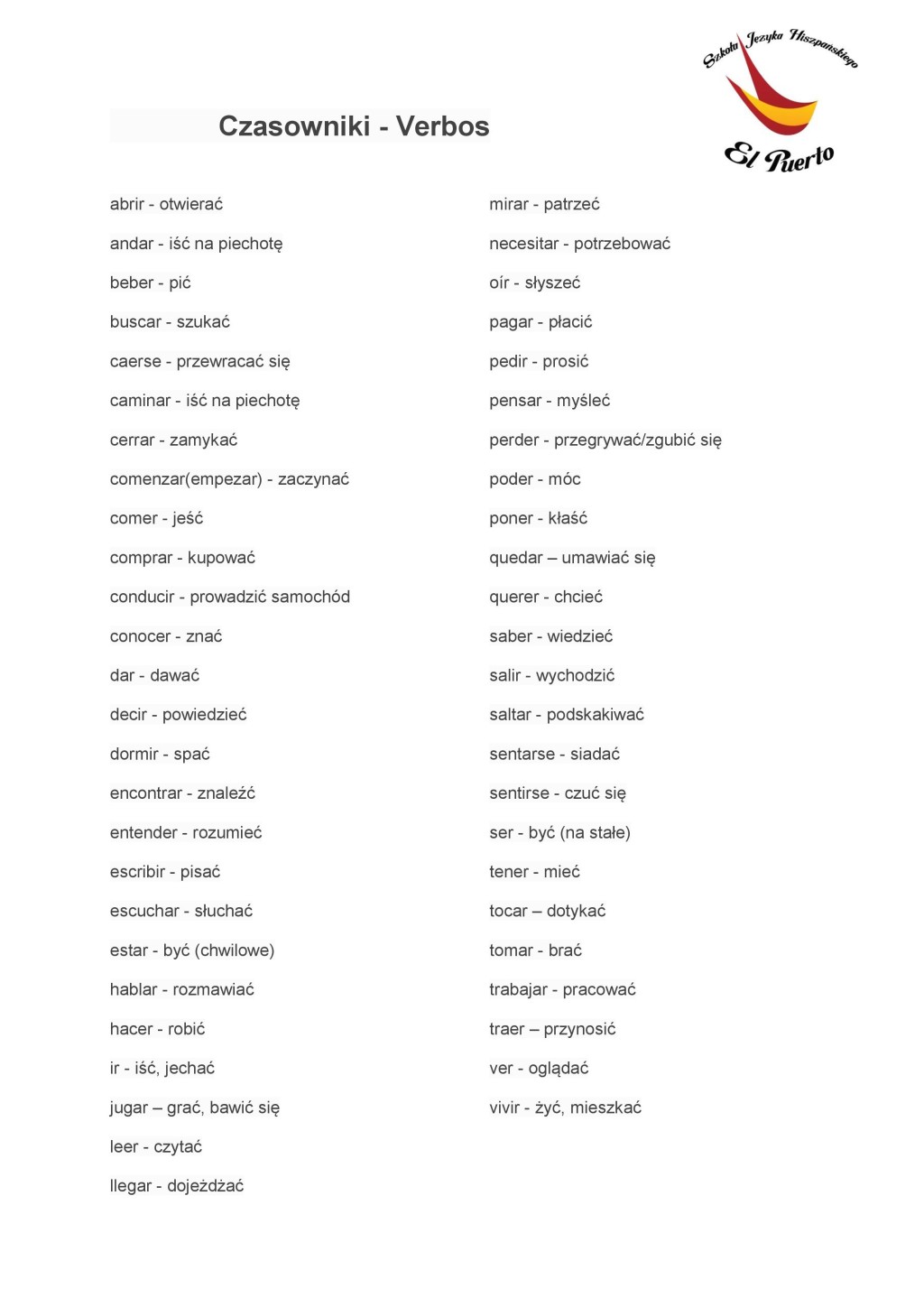How to become a translator
The work of a translator
If someone seems to, that the translator's job is easy, fast and fun, this is grossly wrong. It's not that colorful at all. Sometimes you can know a certain language perfectly, but if you do not know the culture of a given language very well and have not stayed in a given country for at least a few years, then we may have a problem with guessing the context, in question. You also need to be up to date with it, what is happening in a given country and be familiar with the history, because only then will we be able to perfectly understand the message. Becoming a translator is not that difficult, but it can be difficult to find a job – especially when it comes to European languages.
If we decide to become translators, we have to choose philological studies. Swedish philologies are currently the most profitable, Norwegian, Finnish, Dutch and all oriental: turkology, Japanese studies, indology, sinology and so on. You can walk a long way with these languages and earn a lot, but learning them is much more difficult than learning European languages. It happens so often, that people who graduated from oriental studies cannot speak fluently in a given language, which reduces their chances on the labor market. That's why it's worth the effort. During the studies after the bachelor's degree, you choose a specialization and then you just need to choose a translation specialization, not the teacher's, to become a translator.












